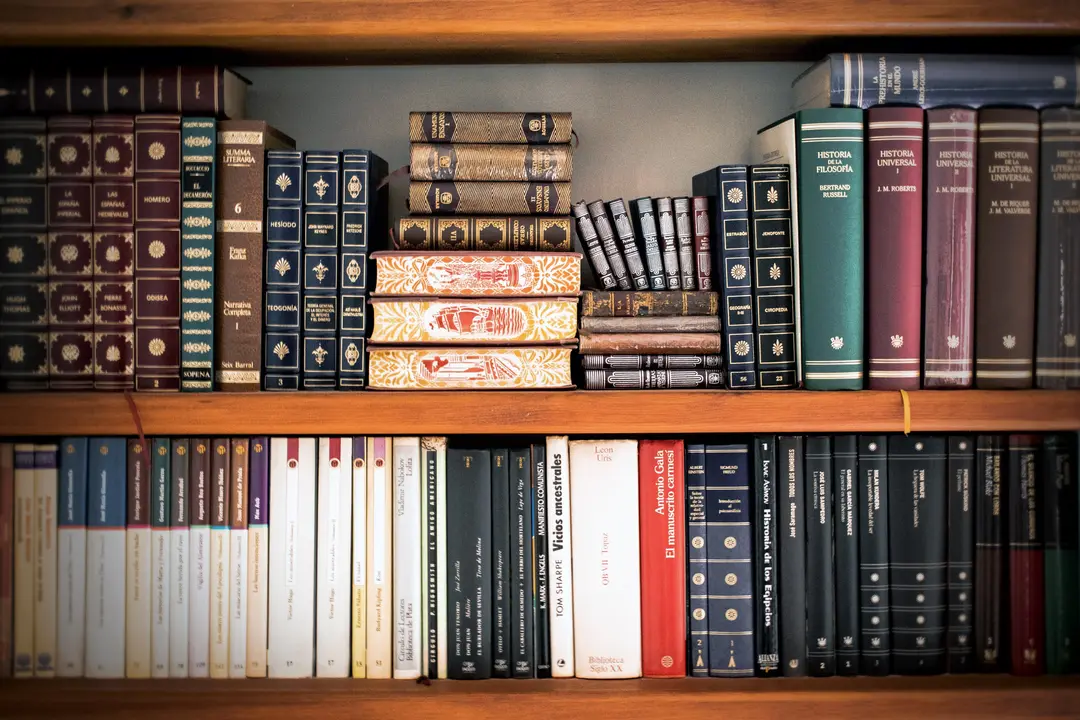These iconic novels offer readers a deep exploration of various themes and ideas. From Harper Lee’s examination of racism and morality in “To Kill a Mockingbird” to George Orwell’s warning about government surveillance in “1984,” each book provides valuable insights on society, human nature, and the human condition. Whether delving into the complexities of adolescence in J.D. Salinger’s “The Catcher in the Rye” or exploring the pursuit of happiness in F. Scott Fitzgerald’s “The Great Gatsby,” these works offer students a chance to engage with timeless stories that continue to resonate today. Dive into these classics to gain new perspectives and enrich your understanding of literature.
1. “To Kill a Mockingbird” by Harper Lee
Harper Lee’s iconic novel explores themes of racism, morality, and compassion through the eyes of a young girl growing up in the American South during the 1930s. It is a powerful story that sheds light on the harsh realities of prejudice and injustice, making it an essential read for students of all ages.
2. “1984” by George Orwell
George Orwell’s dystopian novel has become a classic for its chilling portrayal of a totalitarian society where individual freedom is nonexistent. It serves as a cautionary tale about the dangers of government overreach and surveillance, making it a must-read for students interested in politics and society.
3. “The Catcher in the Rye” by J.D. Salinger
J.D. Salinger’s coming-of-age novel follows the rebellious teenager Holden Caulfield as he navigates the complexities of adolescence and adulthood. The book’s themes of alienation, identity, and innocence lost resonate with young readers and offer valuable insights into the challenges of growing up.
4. “Pride and Prejudice” by Jane Austen
Jane Austen’s beloved novel is a timeless tale of love, marriage, and social hierarchy in 19th-century England. It is not only a delightful romance but also a sharp satire that critiques the rigid expectations placed on women in that era. Students will enjoy its wit and charm while gaining insight into the constraints of the time.
5. “The Great Gatsby” by F. Scott Fitzgerald
F. Scott Fitzgerald’s Jazz Age classic delves into the excesses and disillusionment of the roaring 1920s, offering a vivid portrait of wealth, ambition, and the American Dream. The novel’s themes of love, betrayal, and the pursuit of happiness make it a compelling read for students exploring the complexities of human nature.
6. “Brave New World” by Aldous Huxley
Aldous Huxley’s dystopian novel paints a bleak vision of a future society where technology, consumerism, and mass production have stifled individuality and freedom. It raises important questions about the impact of progress on humanity and the dangers of sacrificing human values for efficiency, making it a thought-provoking read for students interested in science fiction and ethics.
7. “Frankenstein” by Mary Shelley
Mary Shelley’s groundbreaking novel tells the story of a young scientist who creates a monster and grapples with the consequences of his actions. It is a timeless exploration of ambition, identity, and the ethical boundaries of science, offering students a compelling look at the human condition and the dangers of playing god.
8. “To the Lighthouse” by Virginia Woolf
In Virginia Woolf’s modernist masterpiece, the Ramsay family’s annual trip to their summer house becomes a meditation on memory, art, and the passage of time. The novel’s experimental style and stream-of-consciousness narrative challenge readers to reflect on perception and subjectivity, making it a rewarding choice for students interested in literature and philosophy.
9. “Beloved” by Toni Morrison
Toni Morrison’s Pulitzer Prize-winning novel explores the legacy of slavery and its impact on the lives of African Americans in the aftermath of the Civil War. Through the story of Sethe, a former slave haunted by her past, Morrison illuminates the enduring trauma of slavery and the quest for freedom and redemption. It is a powerful and essential read for students studying American history and literature.
10. “The Bell Jar” by Sylvia Plath
Sylvia Plath’s semi-autobiographical novel follows the young protagonist Esther Greenwood as she struggles with mental illness and societal expectations in 1950s America. Plath’s poetic prose and unflinching portrayal of depression and alienation offer a poignant and profound exploration of the human psyche, making it a valuable read for students interested in psychology and mental health.
